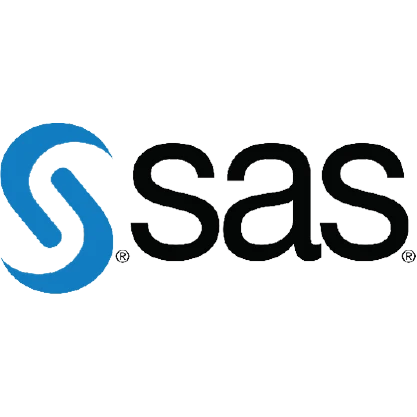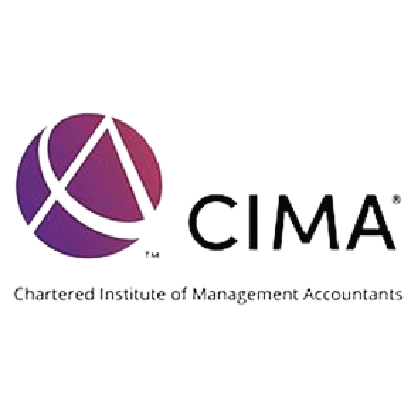ECON 310 Macroeconomic Theory
A fair understanding of
the fundamental principles governing macroeconomic variables is
essential for business practitioners. Students learn to define, measure
and critically appraise the fundamental macroeconomic variables like
national income, price stability, interest rates, employment of
resources, aggregate demand and supply and the overall level of economic
activity. Through project-based techniques and group assignments, the
students develop an insight into the roles of fiscal and monetary policy
in stabilizing an economy within the framework of Classical, Keynesian,
and other models of economic growth both in developed and developing
economies.
MGMT 320 Fundamentals of Supply Chain Management
Organisations
deliver value to their customers by creating a well-integrated supply
chain. Students develop an understanding of basic concepts and the role
of Logistics and supply chain management in business and how supply
chain drivers play an important role in redefining the value chain
excellence of organizations. Another significant aspect of the course is
providing opportunities for developing analytical and critical skills
for planning, designing, and operations a domestic and an international
supply chain system. Through lectures, case studies, and in-class
discussions, students will learn how to optimise the supply chain
process for effective business operations.
ISYS 320 E-Commerce
Technology
has dramatically transformed the way companies orchestrate
value-creation. This course provides the learner with an overview of the
basic principles of electronic commerce and the related concepts.
Students will be provided with opportunity to gain in-depth knowledge in
establishing and conducting a successful online business. They also are
expected to examine the ethical, legal, and environmental issues on
shaping the rules of modern electronic business environments. Through
projects, class discussion and hands on activities, students will
develop the skills and knowledge required to function successfully in
the digital world.
FINE 340 Financial Markets and Institutions
Financial
markets and institutions bring together the economic agents with varied
financial and investment objectives to facilitate efficient flow of
funds for the benefits of all participants. The students learn the
distinguishing characteristics of different types of financial
institutions, financial markets and the instruments trade thereon, and
the key performance ratios for the analysis of bank and insurance
companies. The primary methods of course delivery are classroom
exercises, quizzes, case study, projects and lectures.
GENE 340 Innovation, Entrepreneurship and Sustainability
The
need, significance and movement for sustainable practices around the
world is driven by the policies, practices and the spirit of innovation
and entrepreneurship transcending business size and industry. Students
explore the relationship between creativity, innovation,
entrepreneurship and sustainability using techniques and concepts such
as the lean canvas, design thinking, MVP (minimum viable product)
ideation, incubation and the acceleration of business ideas and
concepts. Through a combination of case studies, research, group
projects, interactive discussions, seminars, activities and role play
the students develop the ability to recognise, create and deliver
sustainable innovative solutions to a complex global market.
ECON 330 Managerial Economics
Understanding
economic theory and its application in management decision-making is
fundamental to the survival and growth of a business. Students explore
the dynamics of demand and supply from the perspective of individuals
and businesses, market arrangements within which enterprises operate,
and the impact of business cycles on economic activities. Through class
discussions, exercises, and case studies, students gain managerial
dimensions of Economics and its application in decision making.
BUSN 340 Business Research Methods
Research
is key to solving business problems through the application of suitable
business methods. Students learn the basic principles of defining
research problems, literature review, data collection and analysis using
statistical tools and interpretation. Using spreadsheets and SPSS,
students analyse and interpret industry problems through project-based
learning, case studies and collaborative learning.
QMET 350 Operations Research
Mathematical
models assist managers in making decisions and finding optimal
solutions to operational problems. Students are trained in building
models for linear programming, simplex algorithm, transportation,
network and non-linear data to solve real world business problems.
Through problem solving sessions, group activities and projects students
learn how to use the Microsoft Excel/SAS to create mathematical models
for optimal solutions.
MGMT 340 International Business Management
Compared
with domestic business international business is fraught with multiple
risk obligations and complexities making its management all the more
challenging. Students learn different theories and practices of
international business management and acquire the required skills to
assess the impact of international operations on firms’ internal
management and long-term profitability. Through case studies, group
projects industrial visits, role plays, and guest lectures students
grasp the nuances of international business management.
MGMT 350 Strategic Management
Sustainable
competitive advantage is the product of well-formulated strategies. As
such, students explore how strategies are developed in firms by
pertaining to the tools and principles of strategy formulation and
competitive analysis. Concepts as environmental scanning, internal
analysis, levels and types of strategies aid the students to grasp the
strategic management process with its different phases. Through case
studies, readings, in-class presentations and discussions, students
acquire knowledge on how to articulate appropriate strategies that
address market challenges and enable firms to pursue valuable business
opportunities.
BUSN 360 Internship
Industry exposure
builds up career aspirations in students and drives them to attain
professional goals. The students will be exposed to industry environment
for a specific period to build corporate connections, apply theory into
practice and understand the industry expectations to develop hard and
soft skills. Internship in a specific domain enhances technical and
professional skills to succeed in the competitive environment. For
internship, students select the domain in consultation with the industry
and faculty guide in terms of the academic requirements and compile the
internship experience in his report.
























